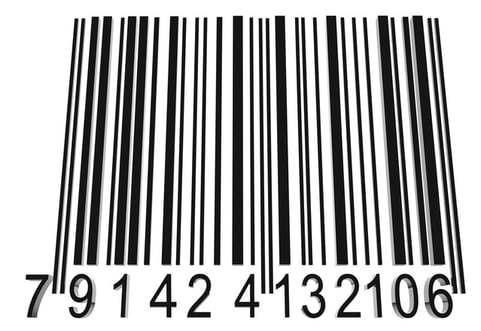
Have you ever wondered about the true cost of dead inventory? These are costs that many manufacturers and retailers find difficult to quantify. We recently found an interesting article that examines just how much money dead inventory could cost your company.
1. Capital Tie-Up
Dead inventory ties up capital and affects your cash conversion cycle. You invest money producing a product to make a profit. Capital tied up in dead inventory causes your business to lose profit in the short and long term.
2. Risk
The longer your inventory sits, the higher the risk. Factors like shrinkage, damage, and incorrect storage and handling practices can contribute to an increased loss of product over time.
3. Discounts
Dead inventory is often the result of inaccurate sales forecasting. When the demand decreases for a product that has historically sold well, these overstocked items become dead or obsolete. They must often be sold at a huge discount or even scrapped. This is a cost that is commonly ignored or overlooked.
4. Storage
If your warehouse space is storing dead or slow moving inventory, you may need to rent additional space to house the faster moving products. Overflow storage rent is an added cost.
5. Handling costs
Warehouse personnel are paid by the hour. Every minute spent handling, counting, and moving dead inventory adds up.
6. Administrative Expenses
Paying employees to solve inventory issues (such as shifting, scanning, and removing dead inventory) is an inefficent addition to the supply chain.
7. Opportunity Cost
You’ve lost the opportunity to earn profit. The capital invested (production, transporation, warehousing, etc.) in dead inventory could be redirected to a faster selling product.
Here is a link to the orginal article that inspired this post:
What Is The Real Cost Of Dead Inventory? by Eric Jensen
Are you in need of any warehousing space?




